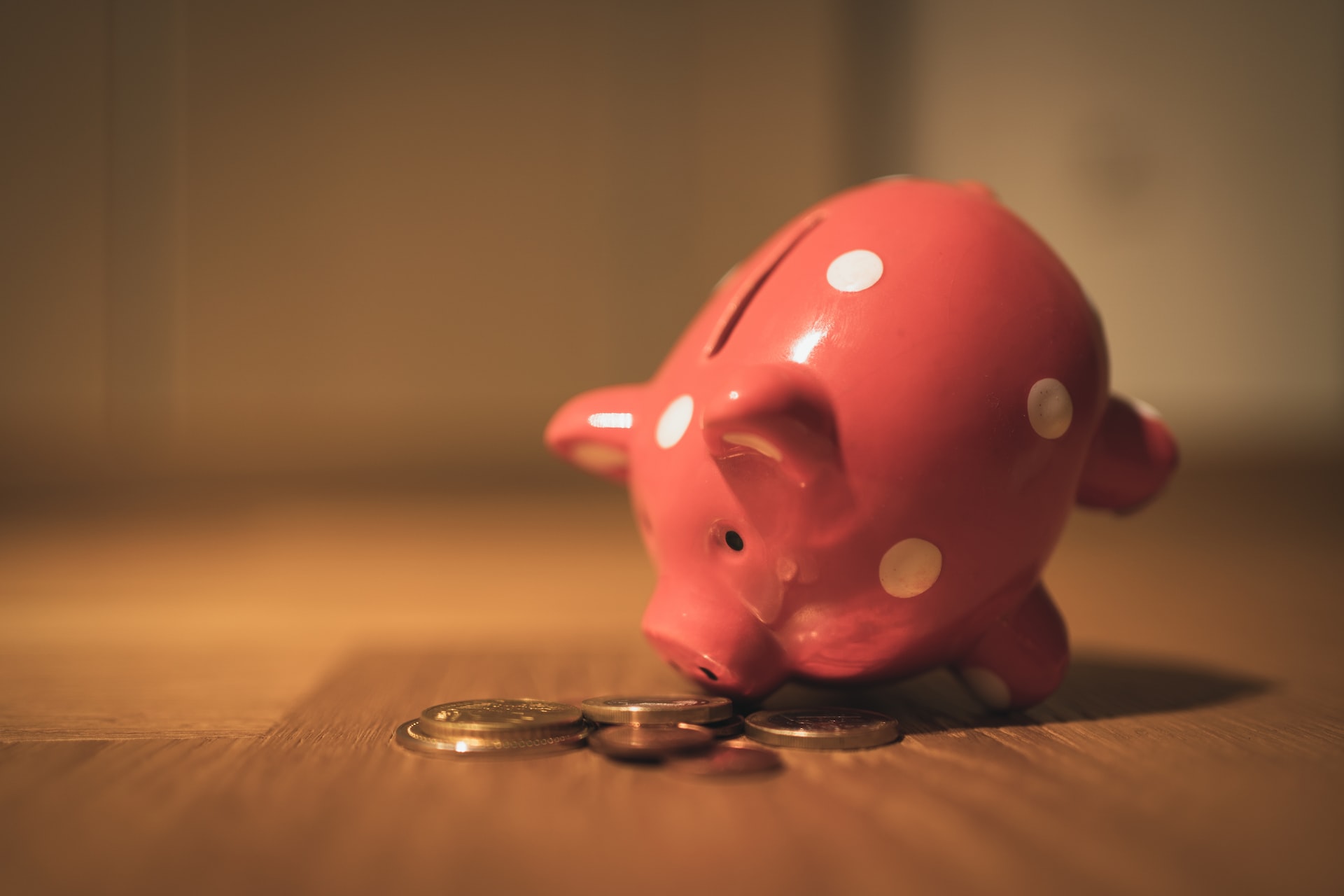
A recession is defined as a period of temporary economic decline during which trade and industrial activity are reduced, generally identified by a fall in GDP in two successive quarters.
Recessions tend to occur when there is a widespread drop in spending.
A fall of 0.1% was originally reported for Q2 which would have represented a drop in two successive quarters, but the figures were recently revised up.
So for now, we’ve narrowly avoided going into an official recession by the skin of our teeth, but it does seem like only a matter of time…
How long do recessions last?
The good news is that recessions don’t generally last very long.
An analysis of 11 cycles since 1950 shows that recessions have persisted between two and 18 months, with the average spanning about 10 months.
So, what does the future look like and how do we ride out this storm?
Inflation is bad because it reduces your purchasing power.
Despite a small fall in July, down to 9.9% from 10.1% we are clearly still experiencing a backdrop of incredibly high inflation, the highest level since 1982 in fact and now sits at 11.1% as of October 2022.
How do governments react to this predicament?
They raise interest rates to try and stop inflation getting out of control.
This of course has a huge impact on households when it comes to debt and borrowing, creating a scenario where there is weakening economic output.
What are the implications of the current economic environment?
Interest rates are now at 3.0% but forecast to rise much higher. With the sharp and rapid rise in interest rates, the jewel in our crown – the housing market – may be affected and unemployment may increase.
What does the end of Help to Buy mean for First Time Buyers?
Bank of England Monetary Report
Thankfully, we currently have super-low unemployment so we’re at least starting from a strong position and if employers hold on to the belief that this recession will be short-lived, they may decide to keep their full team as it’s not easy or inexpensive to recruit the right workers.
Inflation will affect people’s spending and we may see more saving due to an increasingly cautious approach.
How ugly will the recession be?
The boost in inflation from new policies combined with the poor forecast for the pound means that interest rates are predicted to peak at 5 or 6%.
The knock-on effect on the cost of living crisis won’t go unnoticed and the prediction that the recession would be short and mild has now been adjusted and it looks like we are heading into a deeper recession than originally thought.
Recessions are a normal part of an economic cycle, but they are seen as a negative for multiple reasons: recessions can cause high unemployment, business failures, and bankruptcies due to diminished demand from consumers and businesses.
Is it all doom and gloom?
Well, not in the longer-term. Recessions cause reallocation of capital, people start making better investment decisions and companies that don’t have a strong business model go under, allowing more efficient and robust businesses to take their market share.
Inflation and interest rates will naturally fall, and the economy will start growing again. The better businesses will survive the recession, investment in business will occur and productivity will increase.
What are the implications for investors during and after the recession?
Certain sectors will be negatively impacted: house builders and expensive discretionary capital goods are two examples.
So, as we contemplate the forecast, it’s important to remember that a recession represents many things, but the outcome can realign the misallocation of investment capital. By driving down asset prices, recessions can provide opportunities for attractive returns for investors willing to play the long game.
